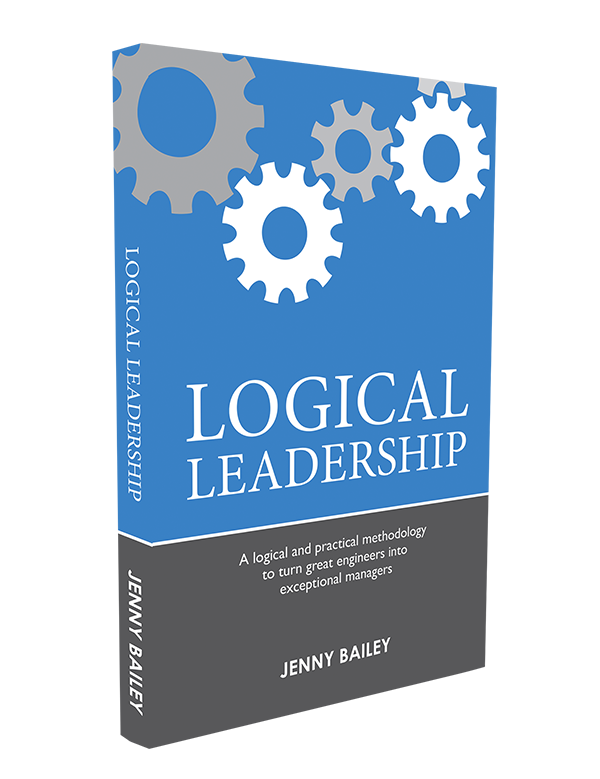So the business case for diversity has been proven and many organisations are preparing their diversity strategies and hiring ‘diversity and inclusions managers’. What what has been achieved and what works?
A recent article in the Weekend Financial Review dated 8-9 April 2017 entitled, “Silicon Valley’s Women Problem” tells a story of woeful statistics in the new world of technology at Google, Facebook and Twitter. At Google, only 19% of technical roles are held by women. Over 90% of women in the tech industry report having witnessed sexist behaviour at conferences and off-sites and 88% report that questions are asked of men in the room when they should have been directored towards the women.
These companies introduced ‘unconscious bias‘ training which has the aim of helping people understand the diversity challenge and improve the diversity performance of these companies. It appears that this training has improved things by all of 1%. Researchers from the University of Virginia suggest that explaining unconscious bias may actually make people more biased. There is certainly not much evidence of radical improvement in the industry.
So what does work?
Intel has moved to quotas. Actually they don’t call them quotas because quotas are illegal in the US. They call it a firm hiring goals – and they are linked to finanical bonuses. And it is working. Since the introduction of diversity goals, the company has exceeded its goals and over 40% of new hires and new appointments to senior roles have gone to women or minorities. Here in Victoria, the Government’s demands to employ female MDs in the water sector has seen 3 women hired in the last 12 months – a number that would unlikely have been acheived without the intervention of the Minister for Water Lisa Neville.
It seems to be that although no one (including most women) like the idea of quotas, it is the only way that real improvements in diversity will be achieved in the Australian workplace. Most of the female engineers now entering the workplace are little better off than when I entered the workplace as a graduate engineer 30 years ago. What will it be like in another 30 years? Much same as now I suspect, unless something far more radical than offering ‘unconscious bias’ training is implemented. I have my fingers crossed but I’m not holding my breath.
